Search
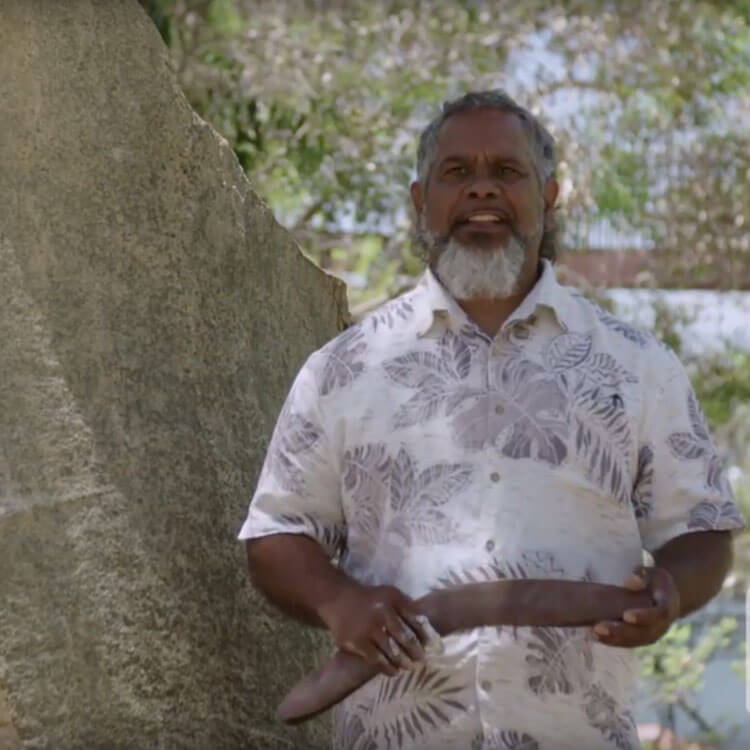
News & Events
Video: Aboriginal AsthmaWadjuk Nyungar man Walter McGuire talks about the importance of air quality to our health.

News & Events
NHMRC funding awarded to support child health researchThe Kids Research Institute Australia researchers have been awarded more than $10 million in research funding from the National Health and Medical Research Council (NHMRC).
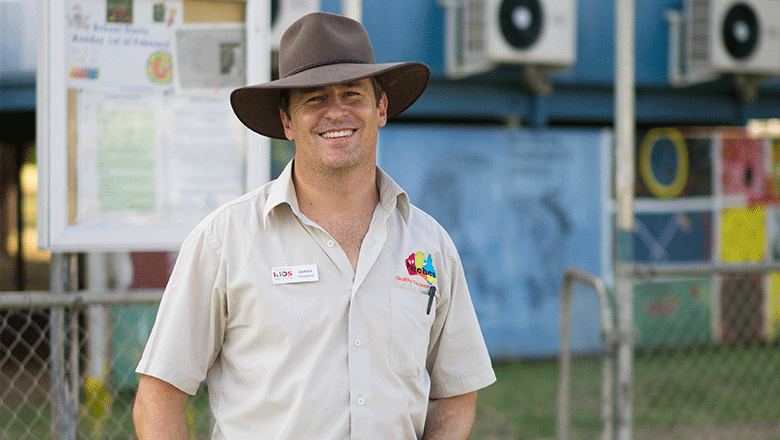
News & Events
Community is tackling FAS in the Fitzroy ValleyAmong the highest rates of Fetal Alcohol Syndrome (FAS) worldwide have been reported by Aboriginal community leaders in the remote Fitzroy Valley.
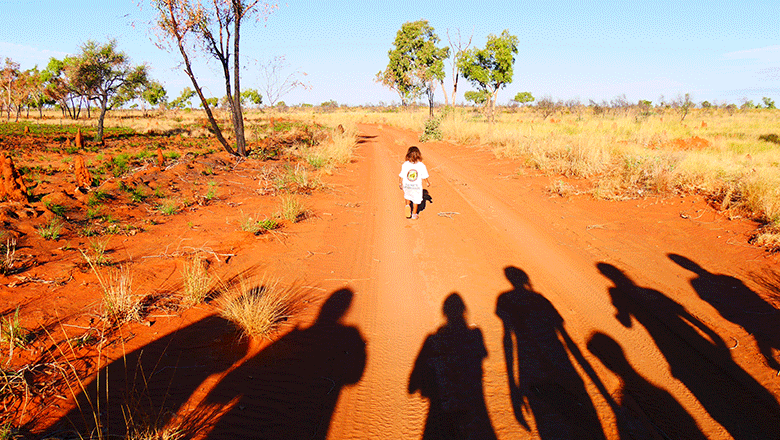
News & Events
Alcohol restrictions a powerful tool for communitiesThere is growing evidence that alcohol restrictions are effective in empowering communities to reduce the immediate and long term impacts of alcohol.
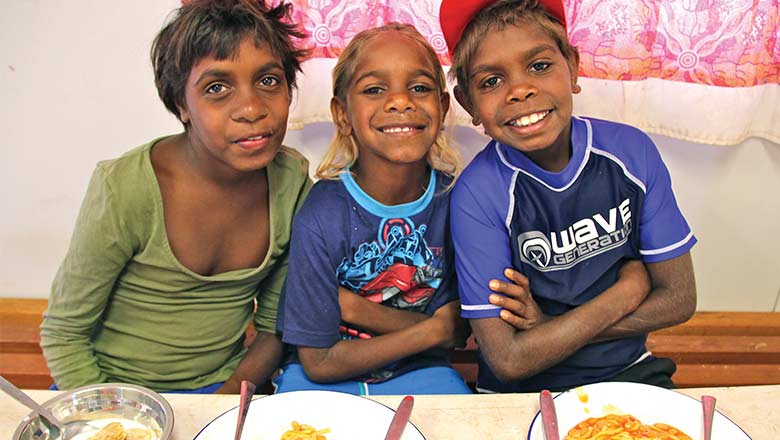
News & Events
Not just a breakfast programA good healthy breakfast is not just a vital foundation for a productive day but can lay the groundwork for a community to pull together to overhaul its health.
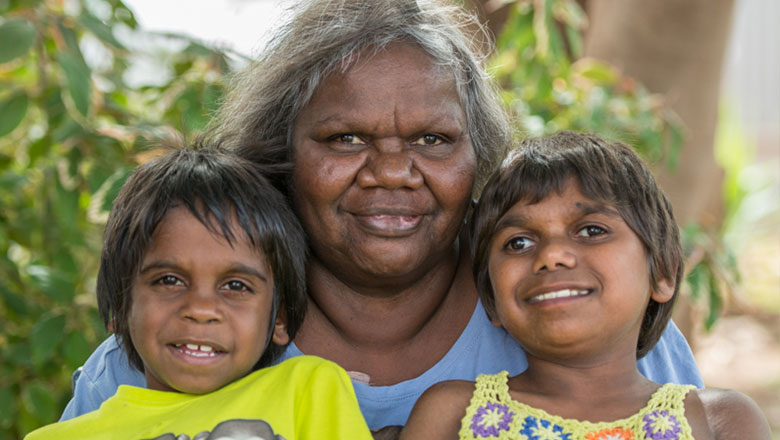
News & Events
Exploring resilience as a pathway to Aboriginal young people's healthCan resilience improve health outcomes in Aboriginal young people? That question will be explored by The Kids Research Institute Australia researcher Clair Scrine.

News & Events
Folate success helps Aboriginal kidsMore than 30 years of research into the links between folate and neural tube defects has paid off for The Kids Research Institute Australia researcher Professor Carol Bower.
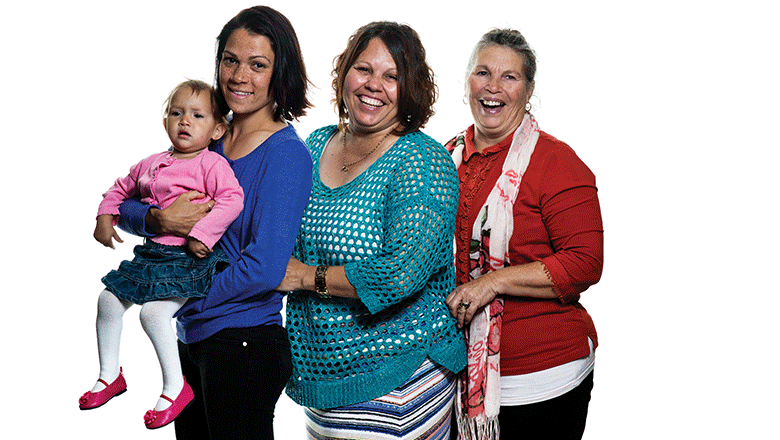
News & Events
New study to investigate maternity provision for Aboriginal womenA multi-faceted study led by a Murdoch University researcher will influence the way maternity services support Aboriginal women in WA during pregnancy and birth
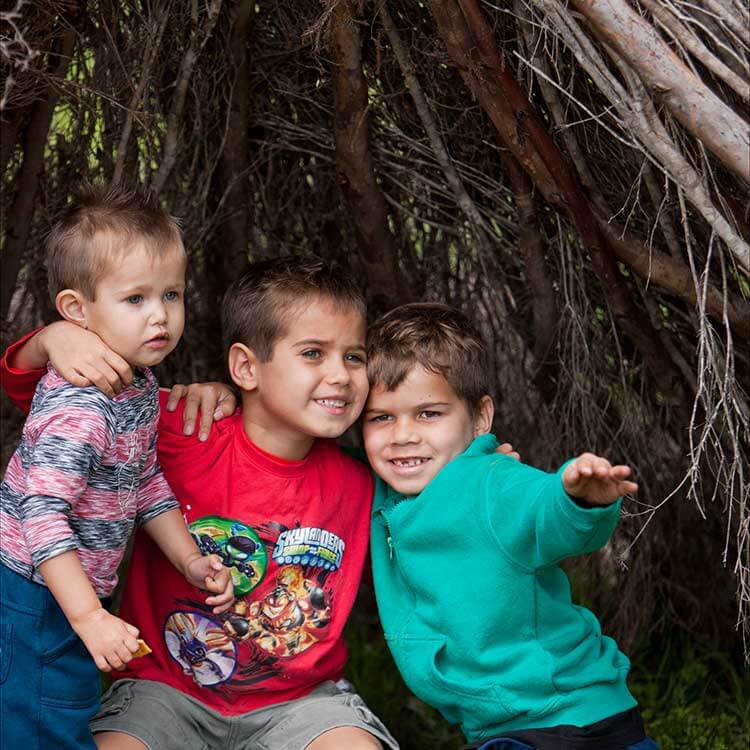
News & Events
Study shows the value of positive friends for Aboriginal kidsA new study has found that having a friend with good social skills and a supportive family may make a critical difference to the resilience of Aboriginal youth
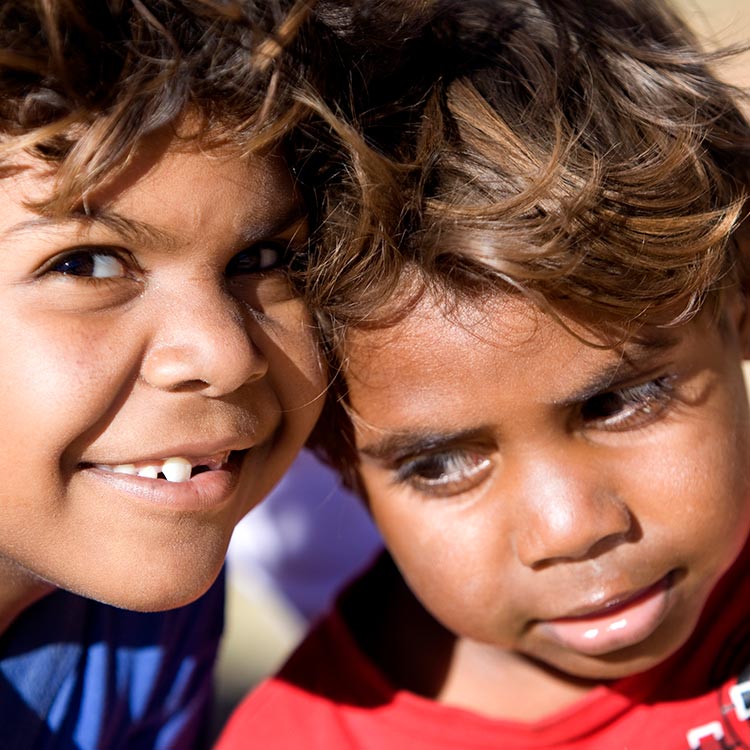
News & Events
Program review highlights strategies for improving Aboriginal mental healthNationwide review looking at effective mental health strategies for Aboriginal and Torres Strait Islander people
